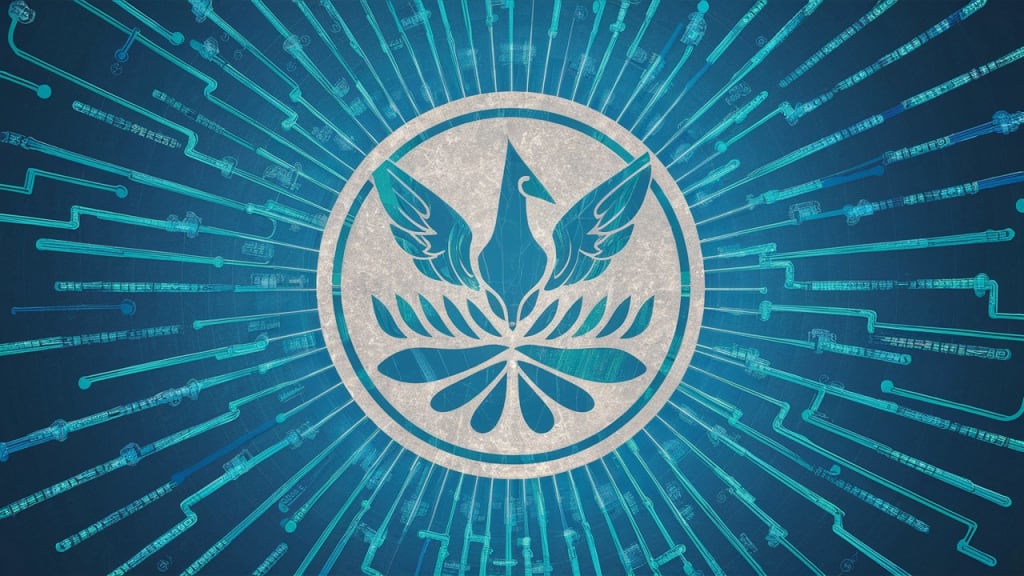
Troubled Waters: The Rise of Cyberattacks on Water Systems and Urgent Action Needed
The Environmental Protection Agency (EPA) recently issued a stark caution: cyberattacks on water systems throughout the United States are getting an increasing number of common and extreme. This alarming trend poses a massive chance to public health and national security.
This article delves into the developing problem of cyberattacks on water infrastructure, exploring the reasons in the back of them, the ability results, and the stairs that water utilities and the government can take to mitigate the risks.
Why Target Water Systems?
Water systems, regardless of their important role in day-by-day existence, are often not noted in relation to cybersecurity. This creates a vulnerability that malicious actors are increasingly exploiting. Here are some reasons why water systems might be targeted:
Disruption and Chaos: Cyberattacks can disrupt the operations of water treatment centers, potentially leading to infected water substances or provider outages. This can reason good sized panic, financial losses, and even pose a health danger to the public.
- Financial Gain: Hackers would possibly goal water structures for financial benefit, by means of worrying ransom bills to repair manage of important systems.
- Espionage and Sabotage: State-subsidized actors would possibly target water structures for espionage functions, to advantage insights right into a location's infrastructure or reason planned sabotage as part of a larger geopolitical method.
The results of a a success cyberattack on a water machine can be devastating.
Potential Consequences of Cyberattacks
- Contaminated Water: Hackers should advantage access to control systems and manage water remedy approaches, doubtlessly introducing harmful contaminants into the water supply. This could result in outbreaks of waterborne illnesses, with serious health implications for customers.
- Disruptions in Service: Cyberattacks may want to disrupt the functionality of water treatment vegetation and distribution networks, leading to service outages that could leave complete communities without get right of entry to to smooth water for prolonged intervals.
- Economic Losses: Water outages could have a big monetary impact, disrupting agencies and industries that rely on a consistent water supply.
Public Panic and Loss of Trust: A cyberattack on a critical infrastructure system like water can create big panic and erode public agree with in the government's capacity to shield public fitness.
The Alarming Reality: Widespread Vulnerabilities
The EPA's warning is sponsored by using concerning records. Their inspections revealed that a stunning 70% of water utilities fell short of cybersecurity requirements. This highlights the lack of information and preparedness within the enterprise.
Several elements make contributions to this vulnerability:
- Outdated Infrastructure: Many water treatment facilities rely upon old control structures that aren't ready to address cutting-edge cyber threats.
- Limited Resources: Water utilities often warfare with price range constraints, making it hard to put money into robust cybersecurity measures.
- Lack of Expertise: The water treatment enterprise may lack personnel with the vital know-how to perceive and address cybersecurity threats.
Urgent Action Needed: Securing Our Water Systems
- The time for complacency is over. Immediate movement is needed from each water utilities and the authorities to shield our water infrastructure from cyberattacks. Here are a few capability solutions:
- Increased Investment in Cybersecurity: Water utilities need to allocate more assets in the direction of bolstering their cybersecurity defenses. This includes upgrading outdated infrastructure, enforcing robust protection protocols, and education group of workers on cyber threats.
- Collaboration and Information Sharing: Water utilities and authorities companies need to collaborate and percentage records approximately cyber threats and pleasant practices. This will create a extra unified the front in opposition to cyberattacks.
- Government Support and Regulations: The government can play a important role by way of presenting financial help to water utilities for cybersecurity upgrades. Additionally, implementing clean policies and requirements can make certain a baseline level of cybersecurity across the enterprise.
- Public Awareness: Raising public recognition approximately the risk of cyberattacks on water systems can inspire customer strain on utilities and authorities to prioritize cybersecurity measures.
Conclusion: A Collective Effort to Safeguard Our Water
The safety of our water infrastructure is a shared duty. Water utilities, authorities companies, and the public all have a function to play in mitigating the danger of cyberattacks.
By making an investment in strong cybersecurity measures, fostering collaboration, and raising public attention, we can guard our water systems and ensure the continued transport of easy, secure water to our groups.
This isn't always only a technological challenge; it's a count of public fitness and national safety. Let's paintings together to make certain our water stays untroubled.






Comments
There are no comments for this story
Be the first to respond and start the conversation.